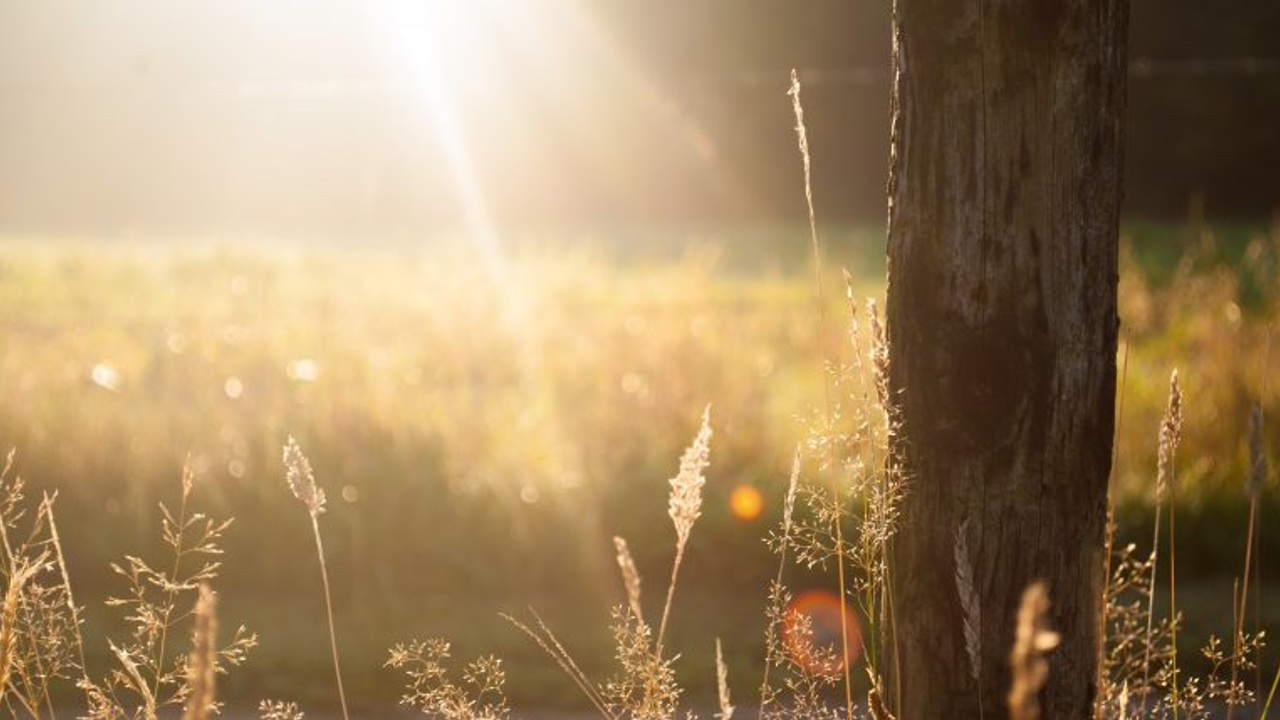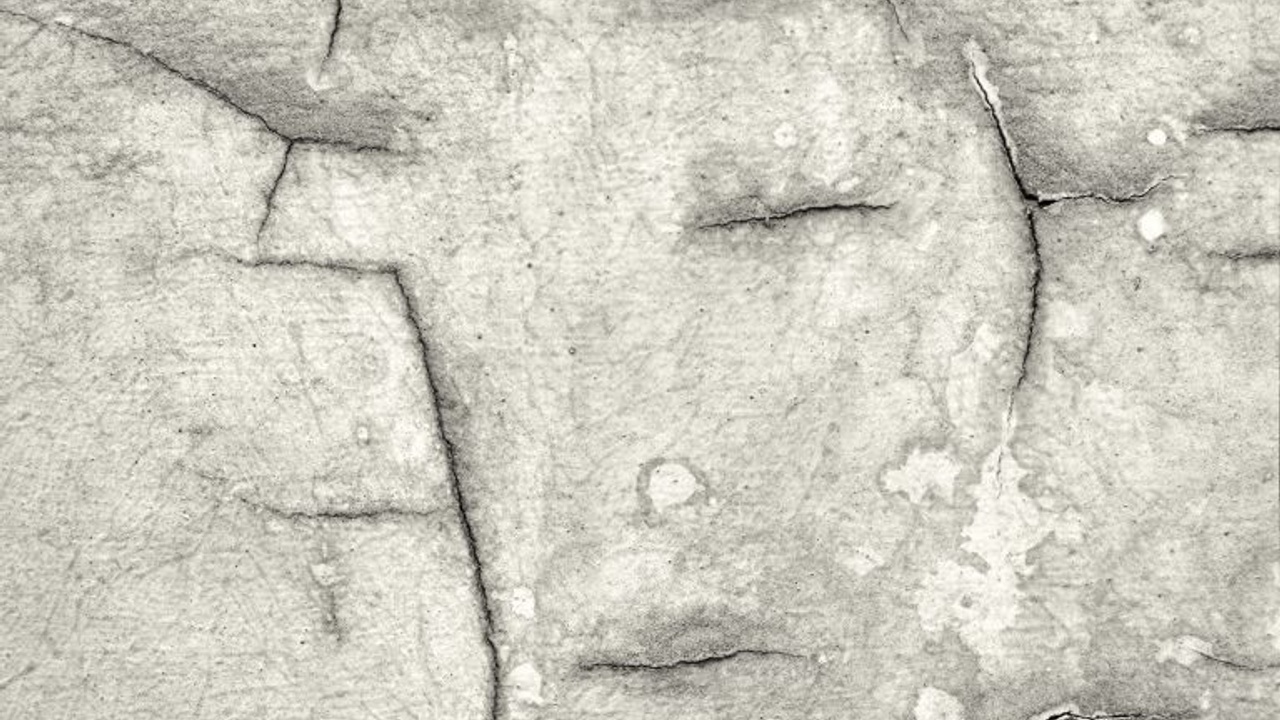Choose the Sun, Not the Surrounding Storm

The sun shines nearly every day in Denver. It’s what drew me here 13 years ago after losing my first husband, Brett, to brain cancer when our twins, Rebecca and Casey, weren’t even 3 years old. I needed the sunshine to heal then—and I need it now. The sun is more powerful than cancer, and I have to believe that it’s more powerful than COVID-19, which has thrown the entire world into crisis.
For cancer patients, in particular, the pandemic has created another level of disruption. Weakened immunity puts patients at greater risk, and hospitals are so bogged down by COVID-19 that sometimes treatment must be delayed in order to minimize risk of infection. That’s not all. Because COVID-19 is highly contagious, most caregivers can no longer accompany loved ones to the hospital. The changing landscape is full of unknowns, making everyone feel upside down.
This is the first in a series of new columns about resilience, an area I’m passionate about and grew...
Holding Joy and Pain Together

Life really is both sides now. It is happiness and sorrow, love and loss, triumph and setbacks all at once.
I learned this lesson as a longtime cancer caregiver where every day was like being in the already and not yet, somewhere in-between remission and recurrence. Any moment can move us from one side to the other.
May 21, 2001, began as the most joyous day of my life. That’s the day I became a mother. I had twins, a daughter we named Rebecca, and a son, Casey. More than anything, Brett and I hoped that the trauma of his cancer diagnosis and treatmentwould remain in the past. Not even the twins’ premature birth could dampen the excitement we felt for the future.
Later that day, Brett and I napped together in my twin hospital bed. We were in a groggy stupor when his cell phone rang.
“Hi, Dr. Balmaceda,” Brett said, as if he’d been struck by lightning.
He was silent. Dr. Balmaceda, his neuro-oncologist, had news...
Living with Cautious Optimism

When your loved one is diagnosed with cancer, and life seems to throw you one bad turn after the next, hope can seem elusive. For me, the randomness of my husband Brett’s medulloblastoma diagnosis, which typically affects children ages five and under, was devastating. We had no idea what to expect, how could we? There were no known protocols for treating adults with medullas at the time.
Life without hope though is no life at all. We moved forward with what little information we had at the time. Since a good percentage of children with medullas live, and because Brett’s response to the surgery and treatments were so positive, we decided to fulfill our dream of starting a family.
No one said to Brett, “you are cured,” but we wanted him to be cured so badly that we wished it until we believed it. “The only proof of cure is life,” said Brett’s Uncle Harvey, who of all bizarre ironies was a pediatric oncologist.
Harvey’s words resonated...

